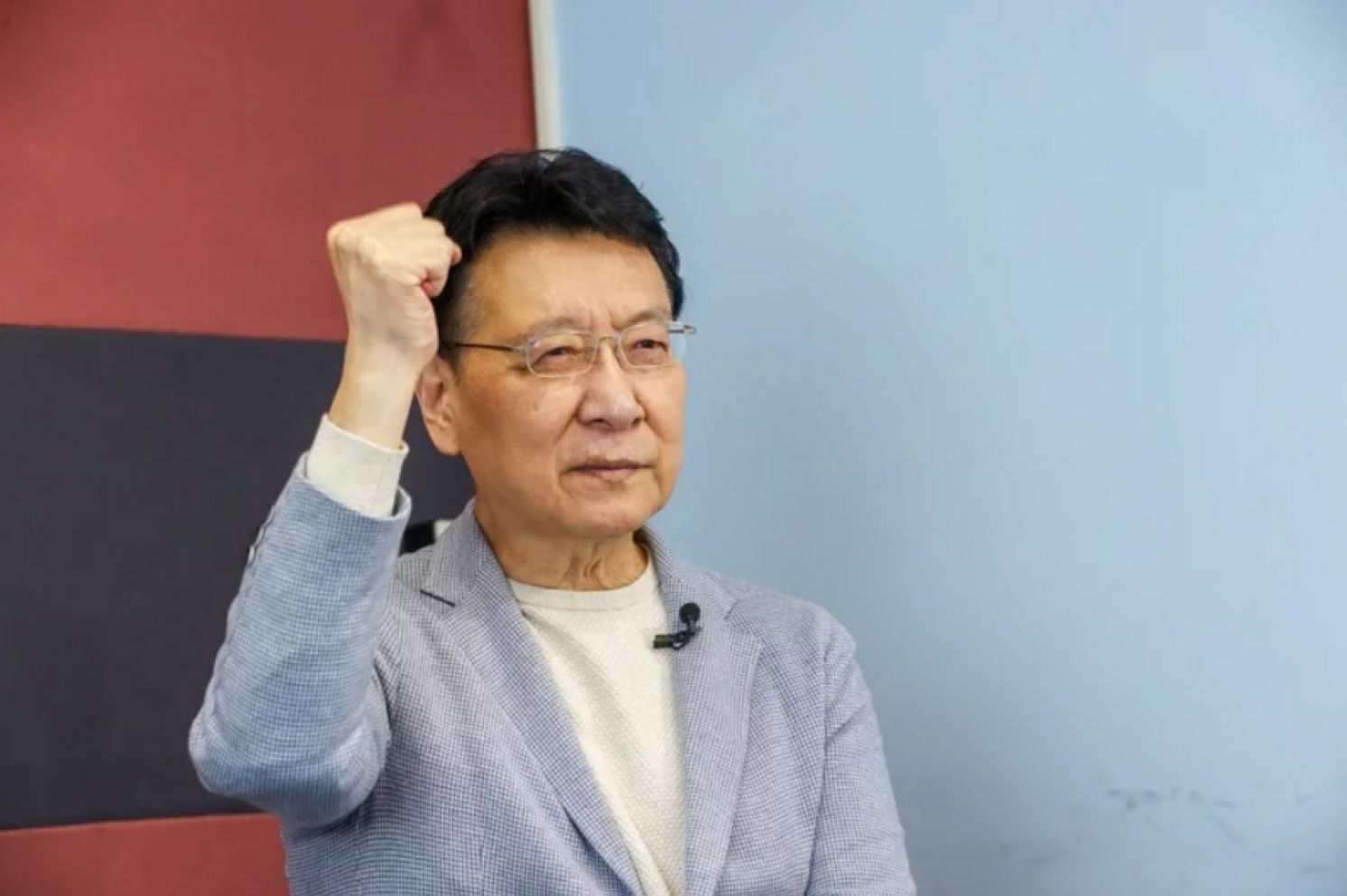
This Week in Taiwan 0131-0206
February 1: The new Judges Act and system for judge discipline took effect July last year, and courts have added two lay judges to participate in the trial process. A first case sentenced former Nantou District prosecutor Wang Chuan-chung a fine of three months pay for unlawfully serving during his tenure as his sister's criminal defense lawyer. This is the first instance in the judicial history of the Republic of China that the people (as lay judges) have participated in trying a judge, carrying special significance.
February 3: Broadcasting Corporation of China (BCC) Chairman Jaw Shaw-kong confirmed on February 1 that he had applied to re-enter the Kuomintang (KMT), triggering political discussion. Following approval by the Taipei party department, the KMT's Organizational Development Committee agreed to restore Jaw's membership. Jaw revealed that former Kaohsiung Mayor Han Kuo-yu had urged him, believing that only Jaw can revive the KMT and encouraging him to run for the party's chairman. It has been nearly 30 years since Jaw left the KMT in 1993 to establish the New Party. The KMT is scheduled to hold its chairman election in July.
February 3: Since the Hong Kong national security law was implemented July last year, the Hong Kong government has conducted a massive campaign of arresting democracy advocates and incriminating young protesters, prompting many Hong Kong people to immigrate overseas. According to the National Immigration Agency, Ministry of the Interior, a record 10,813 Hong Kong people received Taiwan residence permits, 1.8 time the 5,858 figure from the previous year.
February 4: On its official website, the World Health Organization announced the first wave list of countries for COVAX vaccine distribution. Taiwan, classified as a "non-United Nations member state," will receive along with five to eight other non-member states a total of 1.3 million doses of AstraZeneca vaccines. Spokesman Chuang Jen-hsiang of the Central Epidemic Command Center confirmed that the vaccines are expected to be delivered between February and June, and inoculation can begin one week after the vaccines are delivered.
February 4: Taiwanese arms dealer Wang Chuan-pu (deceased) brokered nearly US$3 billion in arms sales of La Fayette-class frigates between Taiwan and France, illegally collecting nearly US$960 million in kickbacks. After many years of recovery efforts by the Taipei District Prosecutors Office, Switzerland's Federal Department of Justice and Police agreed to return US$266 million to Taiwan but was unable to identify the remainder US$700 million as corruption proceeds. Swiss authorities stated that they will unfreeze the remainder and return it to the Wang family. The Ministry of Justice confirmed the matter and stressed that it will forward the case for processing upon receiving official documents.
February 4: During her re-election campaign, President Tsai Ing-wen proposed a policy of providing government assistance in raising children from ages 0 to 6. The Executive Yuan announced that the child care subsidies would be raised from the current NT$2,500 (about US$89) to NT$3,500 (about US$125) per child per month and will be further increased to NT$5,000 (about US$178) from August next year. At the same time, eligibility will expand from August such that those who are taking child-rearing leave without pay and socio-economically disadvantaged families will be able to apply for child care subsidies. The policy is expected to benefit more than 870,000 people.
February 6: In the recall vote of independent Kaohsiung Councilwoman Huang Jie, some 65,258 voted no, defeating the 55,394 who voted yes. Huang was able to avoid her recall crisis and keep her current post as a city councilor.
In this recall vote, there were 228 poll stations and a turnout of 291,566, about 41 percent. The threshold for recall was 72,892 votes for yes, and yes votes needed to exceed no votes.